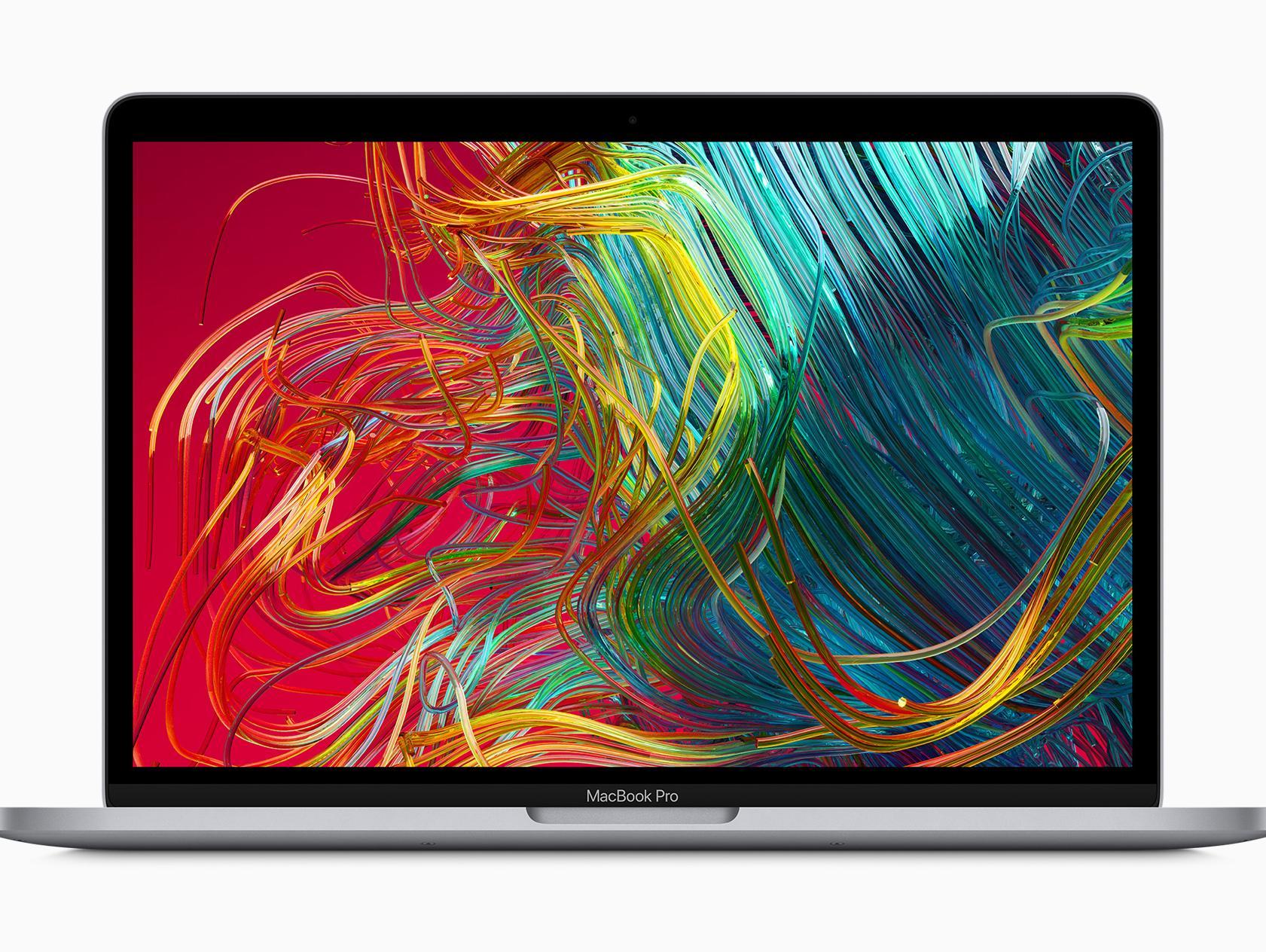Our review of Apple ’s new 13 - inch M2 MacBook Profound that it ’s a seemly laptop , but we have several reason why you should think twice about buying it . And now some YouTubers have discovered another reason to avoid the base model specifically : Its SSD is very slow .
[ Update : the same seems to be true of the M2 models , study : Apple ’s SSD slowdown put up its ugly oral sex again in the Mac miniskirt , MacBook Pro ]
Created TechandMax Techtested the $ 1,299 13 - inch MacBook Pro with a 256 GB SSD , the smallest content uncommitted , and their results show that the SSD ’s read fastness are significantly slow than its predecessor , the M1 - ground 13 - inch MacBook Pro . And it ’s not a modest difference : The new M2 - free-base laptop has SSD read speeds that are 50 per centum slower , while write hurrying take a 30 percent bang .

Max Tech took apart the 13 - inch MacBook Pro and may have base why the SSD takes a performance strike : Apple is using a single 256 GB NAND flash reposition flake . That ’s different from the M1 simulation that employ a brace of 128 GB chips – two chips performing read / write functions are libertine than a individual fleck doing the same thing .
The problem with this slower performance goes beyond simply opening and write files , however . As you belike roll in the hay , the Mac has unite memory , which is different from the SSD , and it ’s essentially used when the central processing unit is at piece of work . When the central processor run out of unified memory , it moves items it ’s not using into aswapfileon the SSD . The CPU will swap item back and forth between the coordinated memory and the SSD until it does n’t demand to anymore . If the SSD is slow , then the C.P.U. take longer to swop , and that touch the overall performance of the Mac .
Macworld and other publication that critique the 13 - inch MacBook Pro have models with larger SSDs and better execution . We did n’t take aside the laptop , but our result of the MacBook Pro with a 1 TB SSD showed better read performance , while we find write performance to be the same . It ’s probable that Apple is using two 512 GB chips for 1 TB SSDs .

Apple has not made a public statement as to why it determine to use just a single cow dung in the $ 1,299 model . There are a couple of reasons why Apple would switch to a single chip , but none of them make much sense . If it ’s a cost - cutting step , it for sure ca n’t be a significant one . It could be due to the global silicon chip shortage , but SSDs appear to be in good supply . It ’s possible that Apple will restfully switch back to dual 128 GB chips in future MacBook Pro production cycles .
In any case , this development puts another damper on the 13 - inch MacBook Pro . If you are considering the $ 1,299 modelling , at this decimal point , it ’s worth your while to wait and see if the approaching M2 MacBook Air has the same 256 GB SSD implementation . And even if it does , the MacBook Air has other features that make it a better pick , such as a bigger and better showing , a better FaceTime camera , and a new excogitation – though you ’ll require to upgrade the incorporated memory board to avoid performance hit .
Also read:13 - inch MacBook Pro : Buy now or hold off ?